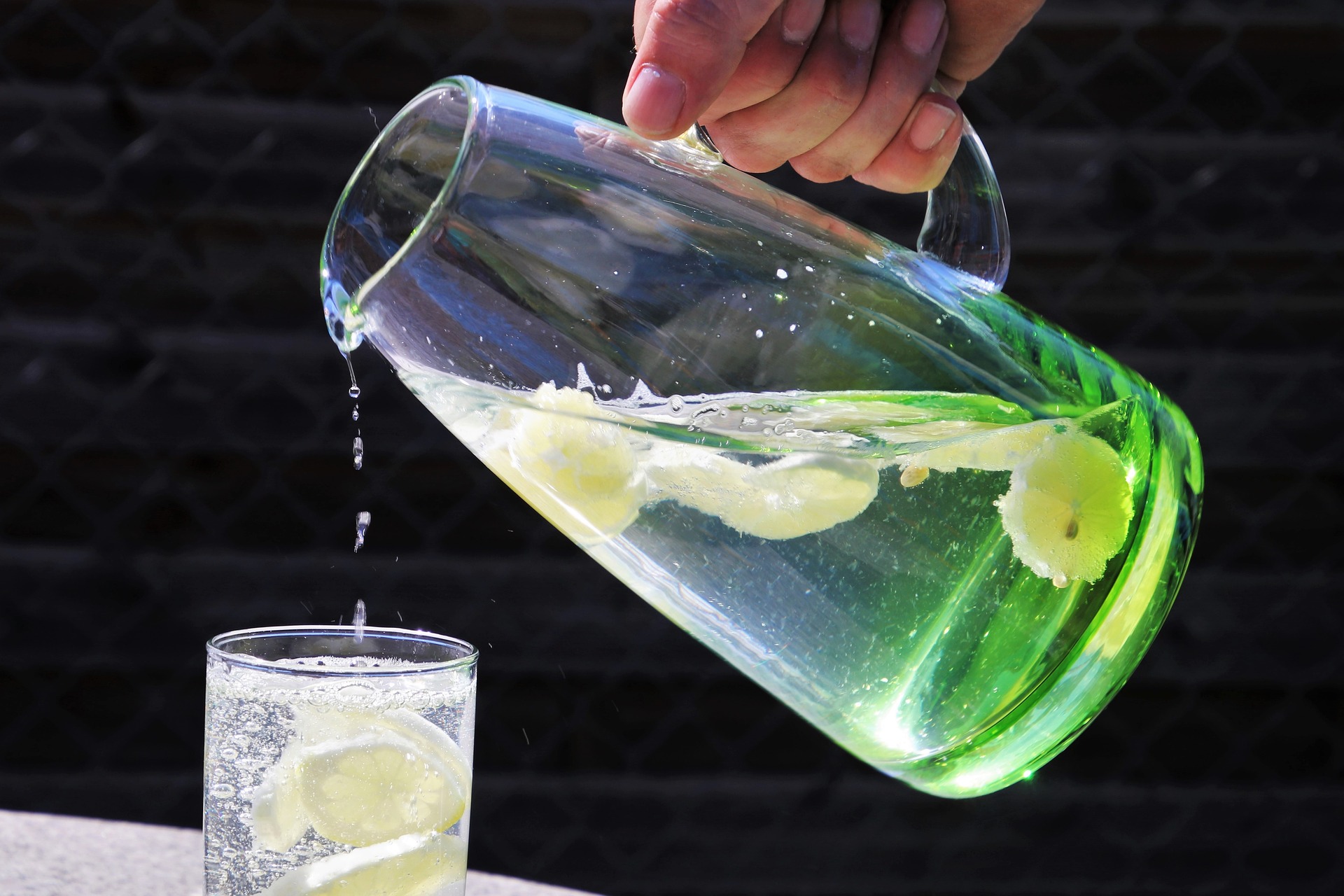
Tap Water: Quality and Safety
Tap water is one of the most closely monitored food products in Switzerland. However, it frequently comes under criticism. Not long ago, the contamination of Swiss groundwater with a concerning pesticide – chlorothalonil – made headlines. This issue, however, was not due to insufficient water monitoring.
The Federal Office for Food Safety and Veterinary Affairs (FSVO) had only recently classified the breakdown products of this fungicide as “probably carcinogenic.” As a result, water had not previously been tested for this substance. Naturally, similar situations could occur with other water ingredients. Generally, however, you can safely drink tap water in Switzerland without concern.
What Regulations Exist for Tap Water in Switzerland?
Tap water is a natural product, and its composition depends largely on the raw water source. For this reason, regions supplying raw water for drinking water treatment focus heavily on groundwater and water protection. Legally, the regulations on water quality are standardized nationwide, although Switzerland aligns itself with EU guidelines.
Articles 97 and 118 of the Federal Constitution describe the protection of health and consumers. The Foodstuffs Act defines legal requirements for drinking water. Cantonal water suppliers must have a quality assurance system in place to ensure compliance with the following regulations:
- Ordinance of the FDHA on Drinking Water and Water in Public Baths and Shower Facilities (TBDV)
- Foodstuffs and Utility Articles Ordinance (LGV)
Essential Minerals in Tap Water
Tap water naturally contains minerals essential to health. Regularly drinking tap water provides the body with vital minerals and trace elements. The following minerals are commonly found in Swiss tap water :
- Calcium
- Magnesium
- Sodium
- Potassium
- Iron
- Manganese
- Chlorite
- Sulfate
- Carbonate
Possible Contaminants in Tap Water
Depending on the region and season, tap water may contain trace substances such as metals, microbes, nitrates, pharmaceutical residues, pesticides, or microplastics. While trace contaminants are present in all drinking water sources, regular monitoring ensures their levels remain low enough to pose no health risk. This is why strict safety limits are enforced.
Tap Water Quality Standards in Switzerland
- Aluminum: 0.2 mg/L
- Ammonium: 0.5 mg/L
- Lead: 0.01 mg/L
- Cadmium: 0.005 mg/L
- Chromium: 0.05 mg/L
- Enterococci (bacteria): 0 mg/L
- E. coli (bacteria): 0 mg/L
- Copper: 2 mg/L
- Nickel: 0.02 mg/L
- Nitrate: 50 mg/L
How Is Tap Water Quality Ensured?
Over 2,500 water suppliers provide Swiss households with drinking water. Each has a sophisticated quality assurance system with modern analysis tools. Measurement techniques are now so precise that even a single sugar cube dissolved in Lake Zurich can be detected. Compared to the past, many more substances are now identified in drinking water.
✪ Despite this, tap water quality has not worsened. The ability to detect groundwater contamination at nanogram levels enables more effective strategies to improve drinking water quality. Naturally, isolated incidents such as flooding or algae blooms may occur, but in such cases, water suppliers inform the public accordingly.
If you want to be absolutely certain about your tap water’s quality, you can test it for potential contaminants. Additionally, you can analyze your drinking water’s mineral content. This allows you to drink your local tap water year-round, reducing plastic waste and benefiting the environment.
✔ Heavy metals and pollutants
✔ For general drinking water, softeners
✔ Heavy metals and contaminants
✔ Separate bacteria test recommended
✔ Analysis for lead also included
✔ Separate bacteria test recommended
✔ Focus on bacterial contamination
✔ For general drinking water, softeners
✔ Risk of transmission during showering
✔ Causes Legionnaires' disease
✔ 12 common pharmaceuticals
✔ e.g., diclofenac, ibuprofen
✔ Most common pesticides
✔ Glyphosate separate analysis
✔ E. coli, coliform bacteria
✔ Enterococci
✔ Commonly used pesticide
✔ Possibly carcinogenic
✔ 20 common PFAS chemicals
✔ Per- and polyfluorinated alkyl substances






